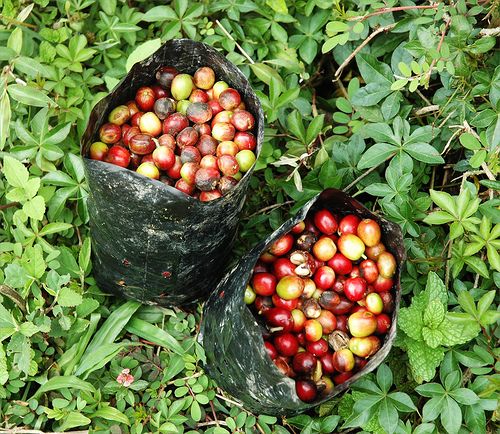 (August 13, 2015)
(August 13, 2015)
NCBA CLUSA is the recipient of a $10.5 million grant from the New Zealand Government to support economic development in East Timor by augmenting household income through quality coffee and cocoa production.
The five-year project, called Coffee and Cocoa Agribusiness Opportunities (CACAO), will be implemented in partnership with Cooperativa Café Timor (CCT), East Timor’s leading private-sector employer and one of the largest single-source suppliers of certified organic Arabica coffee in the world.
Established with support from NCBA CLUSA in 1994, CCT offers its 22,000 member-owners access to global markets—including Starbucks—better prices and healthcare through its network of health clinics serving remote mountain coffee-growing communities outside the Ministry of Health’s coverage area.
Under CACAO, CCT will identify 19,000 Arabica, Robusta and cocoa farmers in the country’s western districts to participate in the project. Each farmer will receive seedlings and tools, including saws and pruning shears that, according to the grant agreement, are “critical” for effective farm rehabilitation, but largely unavailable in East Timor.
Participating farmers will also receive training from existing CCT extension staff on environmentally sustainable practices such as composting, erosion prevention and biological pest control that are compatible with organic and other ethical and sustainable production certifications. CACAO will work with select groups of local farmers to establish demonstration farms used for practical, on-field training.
The project will prioritize the integration of activities that support women’s economic empowerment. With its focus on economic development, CACAO is expected to create close to 5,000 on-farm and seasonal jobs by its end.
CACAO comes on the heels of NCBA CLUSA’s USAID-funded Consolidating Cooperative Business Recovery (COCAR) project, which closed in 2014. COCAR oversaw the planting of 3.7 million coffee seedlings and rehabilitated more than 12,000 coffee farms. The project also introduced value chains for spices, cocoa and other commodities in high demand globally. The rehabilitation of coffee farms that began under COCAR has the potential to double coffee exports and farmer incomes over the next decade.


